Search results for: 'signaling pathways metabolism hsp'
-
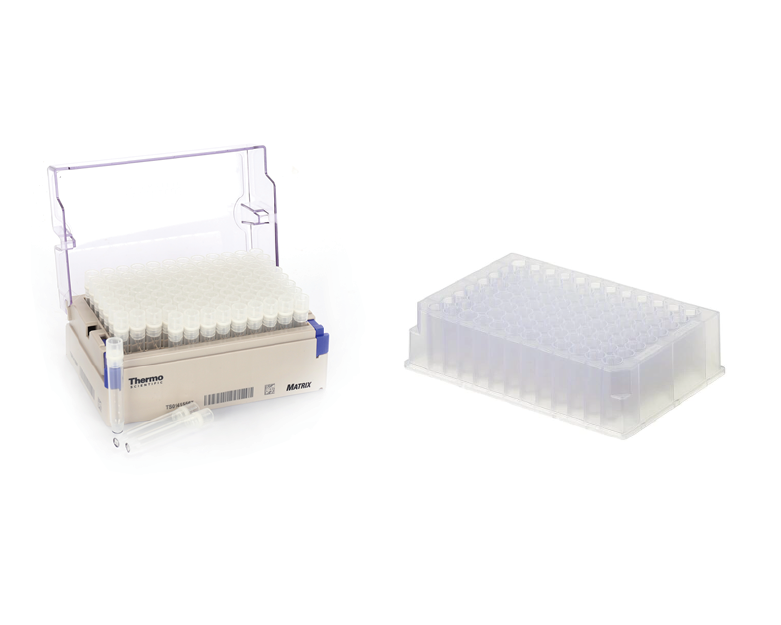 L1044 DiscoveryProbe™ NF-κB Signaling LibrarySummary: A unique collection of 73 NF-κB inhibitors for NF-κB signaling pathway research.
L1044 DiscoveryProbe™ NF-κB Signaling LibrarySummary: A unique collection of 73 NF-κB inhibitors for NF-κB signaling pathway research. -
 L1026 DiscoveryProbe™ Neuronal Signaling Library1 CitationSummary: A unique collection of 556 neuronal signaling-related small molecules for neuroscience reasearch.
L1026 DiscoveryProbe™ Neuronal Signaling Library1 CitationSummary: A unique collection of 556 neuronal signaling-related small molecules for neuroscience reasearch. -
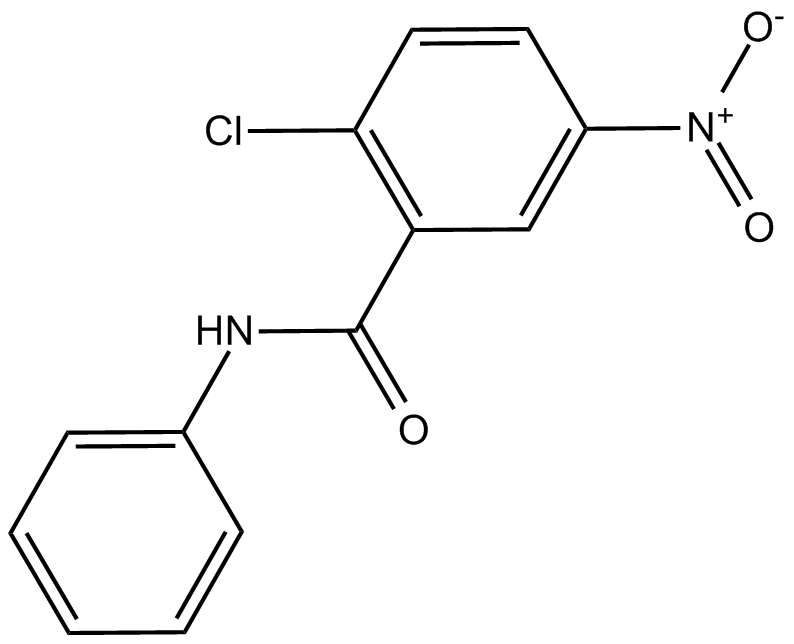 A4300 GW96621 CitationSummary: PPARγ antagonist
A4300 GW96621 CitationSummary: PPARγ antagonist -
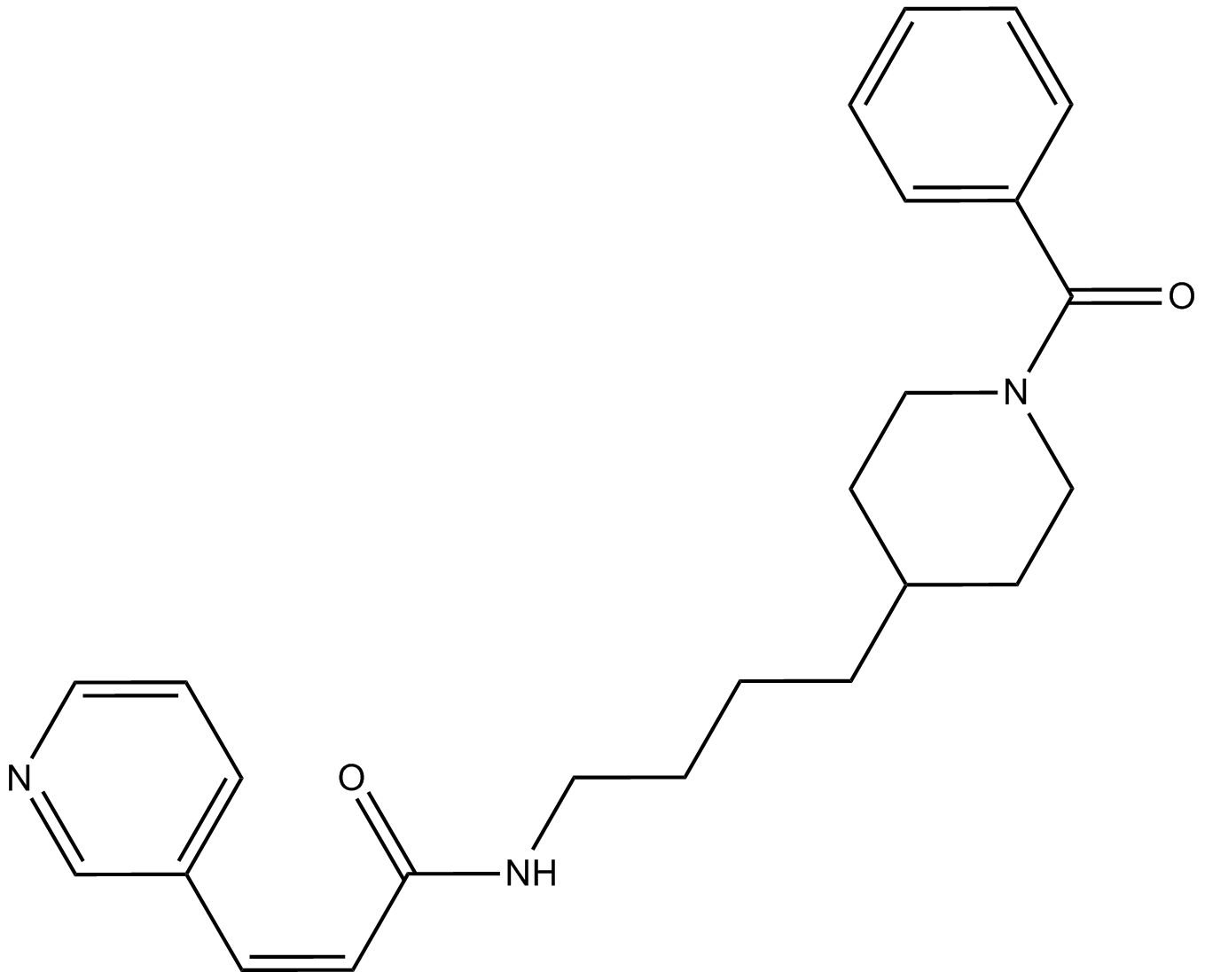 A4381 FK866 (APO866)9 CitationTarget: NamptSummary: NAMPT inhibitor, non-competitive, highly specific
A4381 FK866 (APO866)9 CitationTarget: NamptSummary: NAMPT inhibitor, non-competitive, highly specific -
 L1044P DiscoveryProbe™ NF-κB Signaling Compound Library PlusSummary: A unique collection of 178 NF-κB inhibitors for NF-κB signaling pathway research.
L1044P DiscoveryProbe™ NF-κB Signaling Compound Library PlusSummary: A unique collection of 178 NF-κB inhibitors for NF-κB signaling pathway research. -
 L1026P DiscoveryProbe™ Neuronal Signaling Compound Library PlusSummary: A unique collection of 948 neuronal signaling-related small molecules for neuroscience reasearch.
L1026P DiscoveryProbe™ Neuronal Signaling Compound Library PlusSummary: A unique collection of 948 neuronal signaling-related small molecules for neuroscience reasearch. -
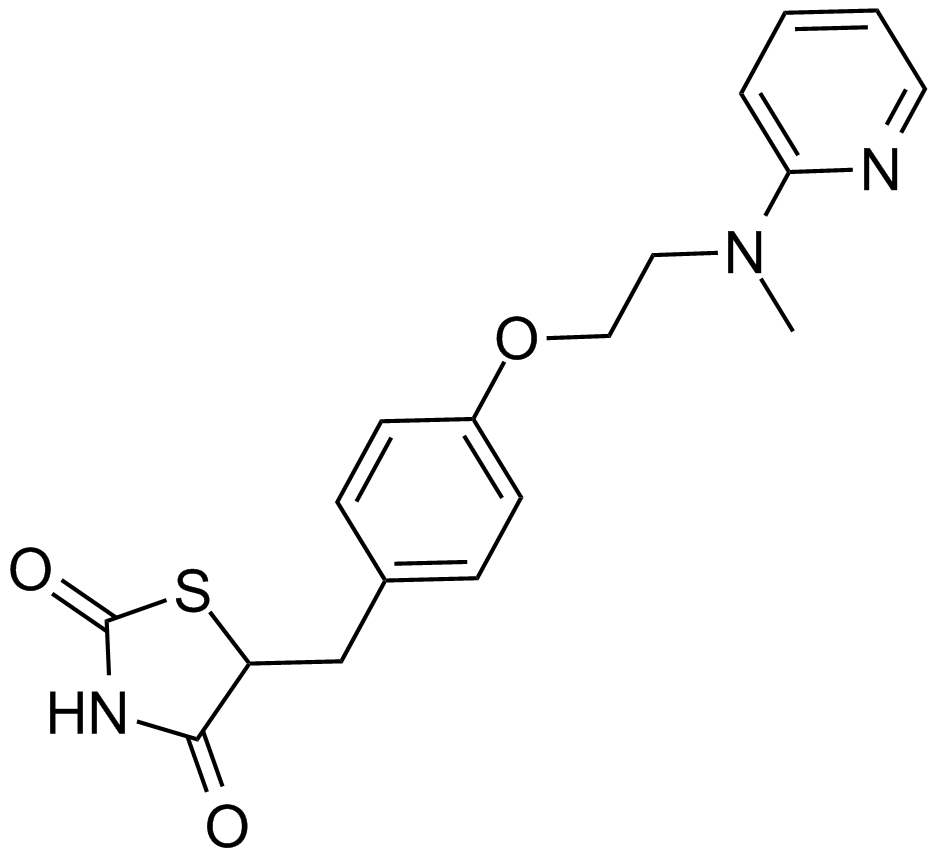 A4304 Rosiglitazone4 CitationSummary: Potent PPARγ agonist
A4304 Rosiglitazone4 CitationSummary: Potent PPARγ agonist -
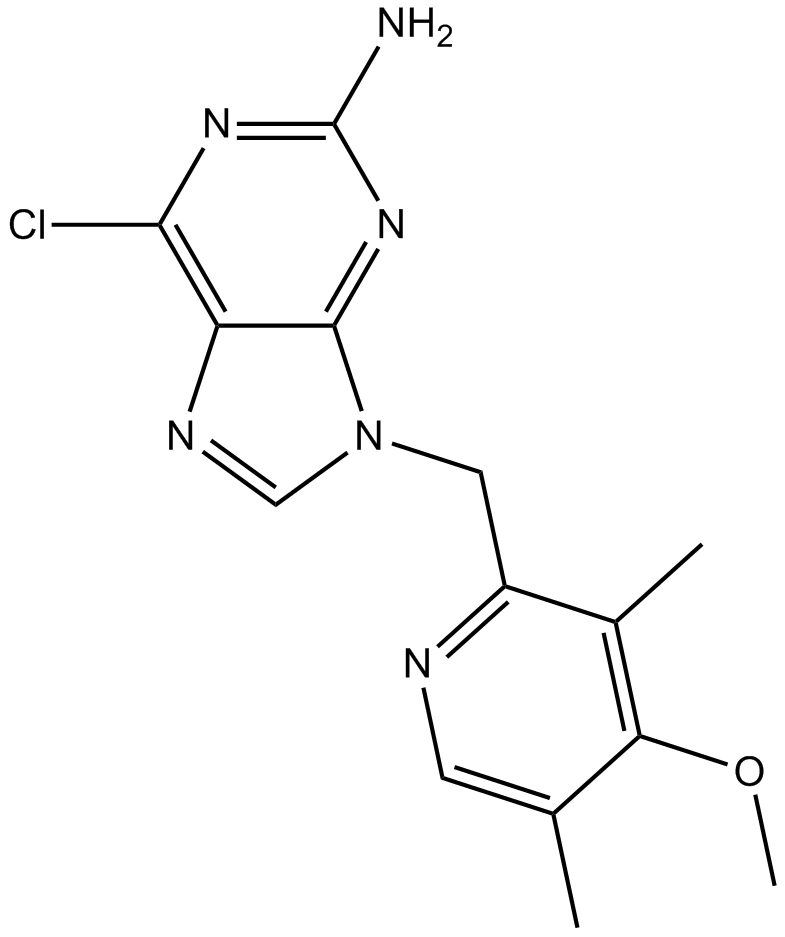 A4058 BIIB021Target: HSP90Summary: Hsp90 inhibitor,selective and competitive
A4058 BIIB021Target: HSP90Summary: Hsp90 inhibitor,selective and competitive -
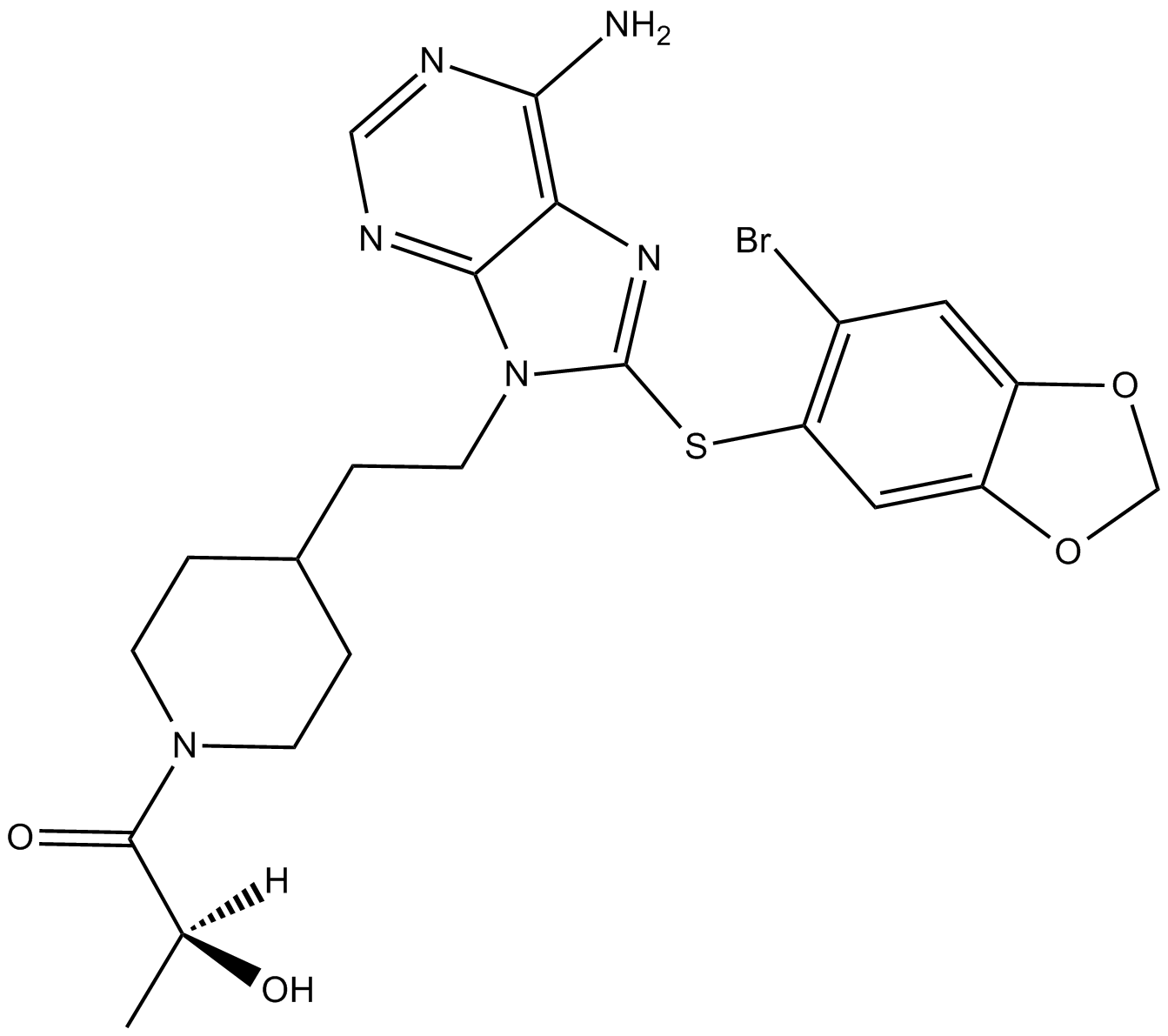 A4063 MPC-3100Summary: Hsp90 inhibitor
A4063 MPC-3100Summary: Hsp90 inhibitor -
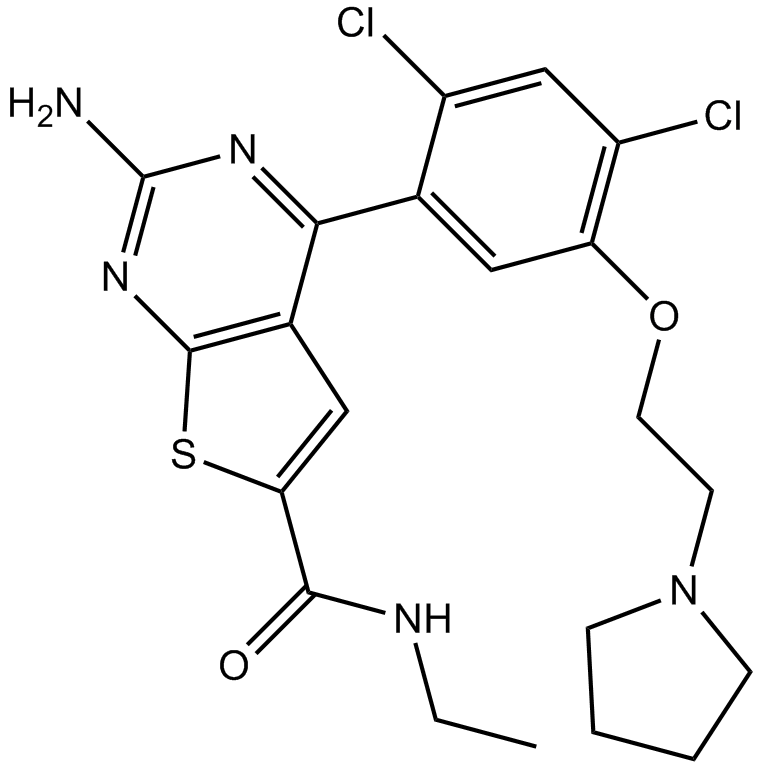 A4064 NVP-BEP800Target: HSP90Summary: Oral Hsp90β inhibitor, novel, fully synthetic
A4064 NVP-BEP800Target: HSP90Summary: Oral Hsp90β inhibitor, novel, fully synthetic


